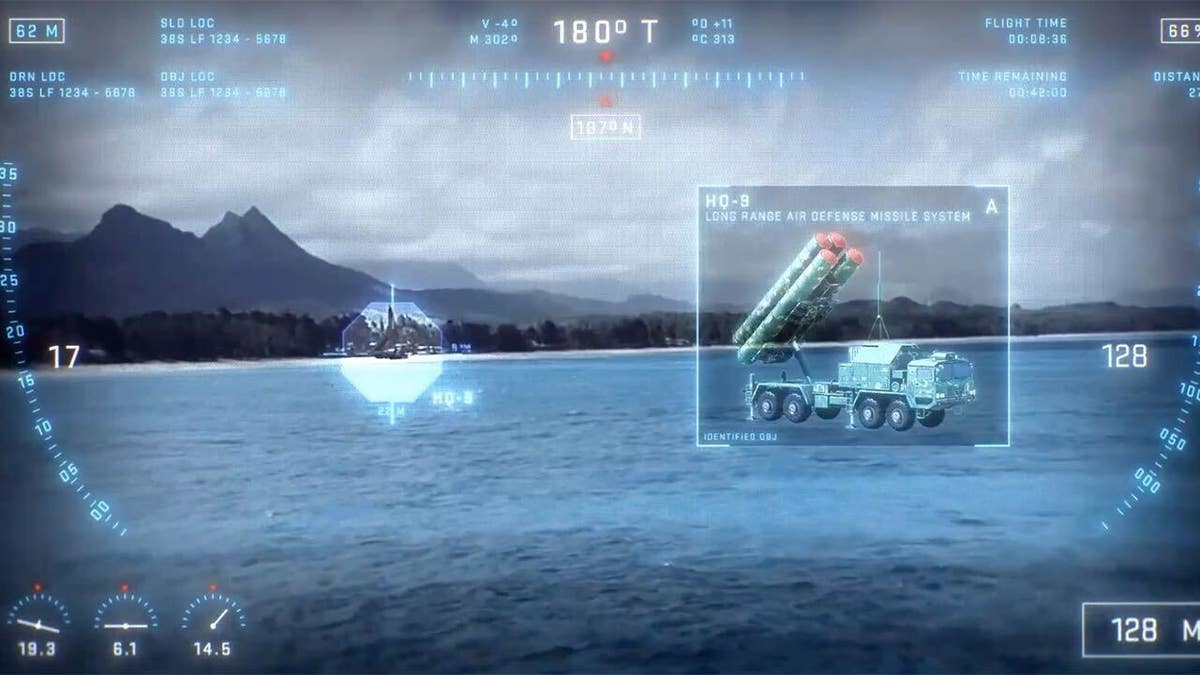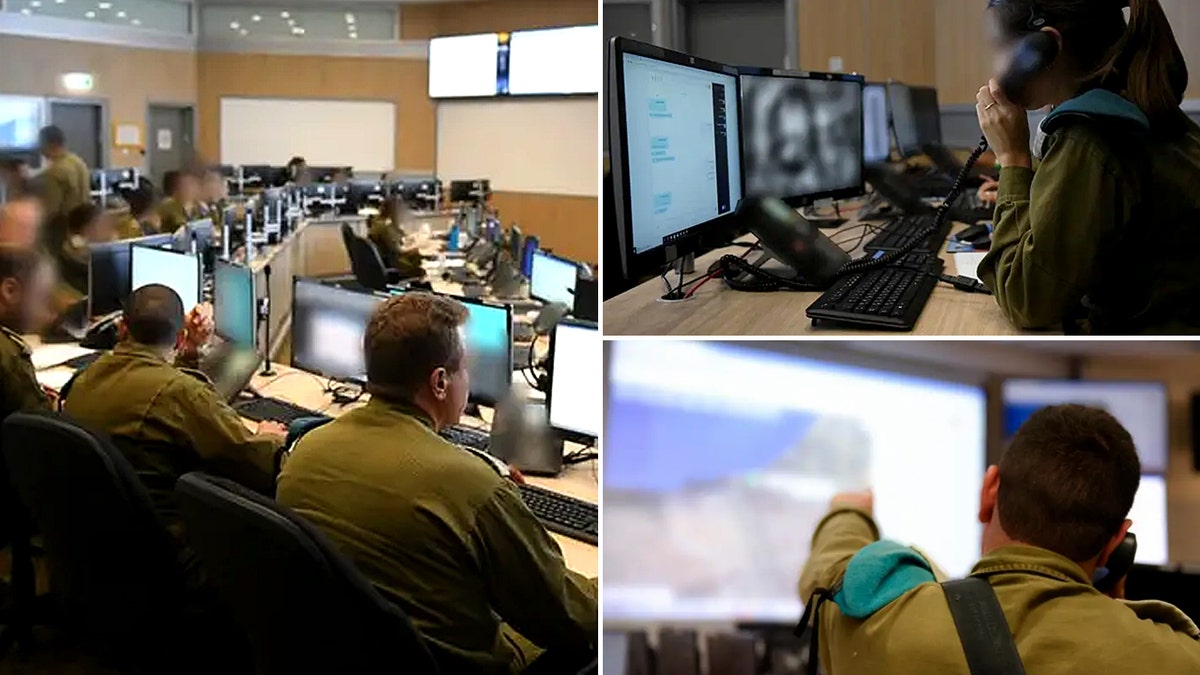The US State Department will convene the first meeting of signatories to an agreement on artificial intelligence (AI) this week, focusing on military applications as the first topic of international interest.
“It is commendable that the State Department continues to advance discussions regarding the ethical use of AI in military applications,” Mark Montgomery, senior director of the Center on Cyber and Technology Innovation, told Fox. the Foundation for the Defense of Democracies. Digital News.
“I'm not trying to say too much, because this is essentially a voluntary coming together of a mix of nations. It's about information sharing, not policy making. Obviously , the countries whose military applications of AI should worry us the most are not present.”
The United States asked 53 countries to sign the Political Declaration on the Responsible Military Use of Artificial Intelligence and Autonomy last year, with several notable countries absent — China, Russia, Saudi Saudi Arabia, Brazil, Israel and India, among others.
US-LED RESOLUTION SEEKS INTERNATIONAL AI POLICY TO END POVERTY AND HUNGER

The Air Force shows how artificial intelligence will help the military dominate the airspace. (Fox News)
Of these signatories, 42 will attend this week's conference. More than 100 participants from diplomatic and military circles will discuss all the military applications of AI that have emerged in recent years.
“We really want to have a system that allows states to stay focused on the issue of responsible AI and really focused on building practical capabilities,” a senior State Department official told Breaking Defense.
The State Department intends for this week's conference to be the first in a series that will continue for as long as necessary, with signatories returning each year to discuss the latest developments.
WHAT IS ARTIFICIAL INTELLIGENCE (AI)?
Between these meetings, the department encourages signatories to meet and discuss new ideas or play war games on new AI technologies, “anything that can raise awareness of the problem and take concrete steps” to implement implements the objectives of the declaration.

Agents use a range of information and artificial intelligence to process it and identify and locate targets. (IDF Spokesperson Unit)
“We value a range of perspectives, a range of experiences, and the list of countries endorsing the declaration reflects that,” the official said. “We have been very pleased with the breadth and depth of support we have received for the Political Declaration.”
The use of AI in war and international security remains the main concern, ahead of problems of disinformation or job losses. Bonnie Jenkins, assistant secretary of state for arms control and international security affairs, addressed the topic during a recent speech at the Georgia Institute of Technology.
OPINION: HERE'S HOW AI WILL EMPOWER CITIZENS AND IMPROVE FREEDOM
“Advocating the safe, secure, and reliable development and use of AI has been a driving cause for the Biden administration, and for good reason,” Jenkins said.

The US Air Force is testing planes capable of flying using artificial intelligence. (CyberGuy.com)
“While AI has the potential to do profound good – helping to transform modern medicine, improve agricultural practices, combat global food insecurity and thwart the effects of climate change – it also has the potential to cause deep damage.
CLICK TO GET THE FOX NEWS APP
“Even in the hands of a well-intentioned actor, without appropriate safeguards, AI can escalate threats, intensify conflicts, and disrupt the global security environment,” Jenkins warned. “We cannot predict how AI will evolve or what it might be capable of in five years.
“However, we know that there are steps we can take in the meantime to implement the necessary policies and build the technical capabilities necessary for responsible development and use, regardless of technological advances.”
